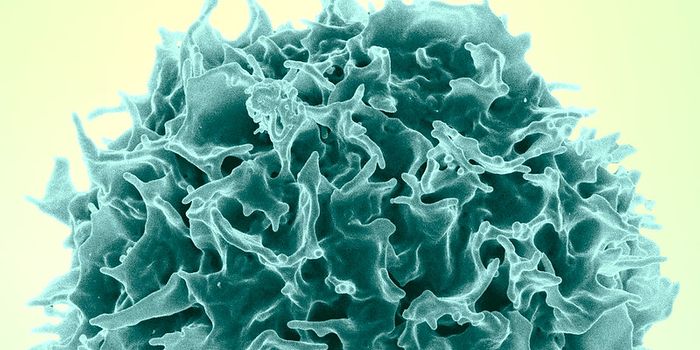Scripps and Moderna Scientists Propose an HIV Vaccine Based on mRNA Technology
A new report published in the Journal Immunity describes an approach to developing an effective vaccine against human immunodeficiency virus (HIV). The researchers propose using mRNA vaccine technology to create broadly neutralizing antibodies (bnAbs) that are broad enough to fight and protect against many different variants of the quick-to-mutate HIV virus.
HIV has a natural ability to mutate quickly, helping it to evade immune system defenses. Many of these mutations occur in the coat protein, an area that vaccines target to prompt the immune system to create antibodies. For this reason, previous attempts to create HIV vaccines have been unsuccessful.
Senior author William Schief, PhD, notes that “HIV has remained one of the most difficult viruses to protect against because of its natural ability to quickly mutate and evade capture from the immune system.”
A small percentage of individuals infected with HIV develop the ability to create bnAbs naturally. In these cases, the virus has progressed too far to block the virus. Scientists have observed that bnAbs can protect against the virus if they are present before a person gets infected with HIV.
The proposed vaccine technique involves carefully choosing bnAbs to prompt the immune system to fight off an HIV infection. Specifically, the researchers are focusing on bnAbs that bind to an area of the HIV spike protein called the apex. These bnAbs employ loops called HCDR3 loops to attack the spike protein and prevent HIV from infecting human cells.
Co-author Zachary Berndsen, PhD, notes that “finding the bnAbs we need is like searching for a needle in a haystack. To make an effective vaccine, we must first find the precursor antibodies that can eventually become bnAbs, while also seeing if those precursor antibodies are common enough throughout the general population to stimulate.”
The researchers are planning to perform additional studies in mice before entering clinical trials for humans.
Sources: Immunity, Immunity, Harvard Medical School








